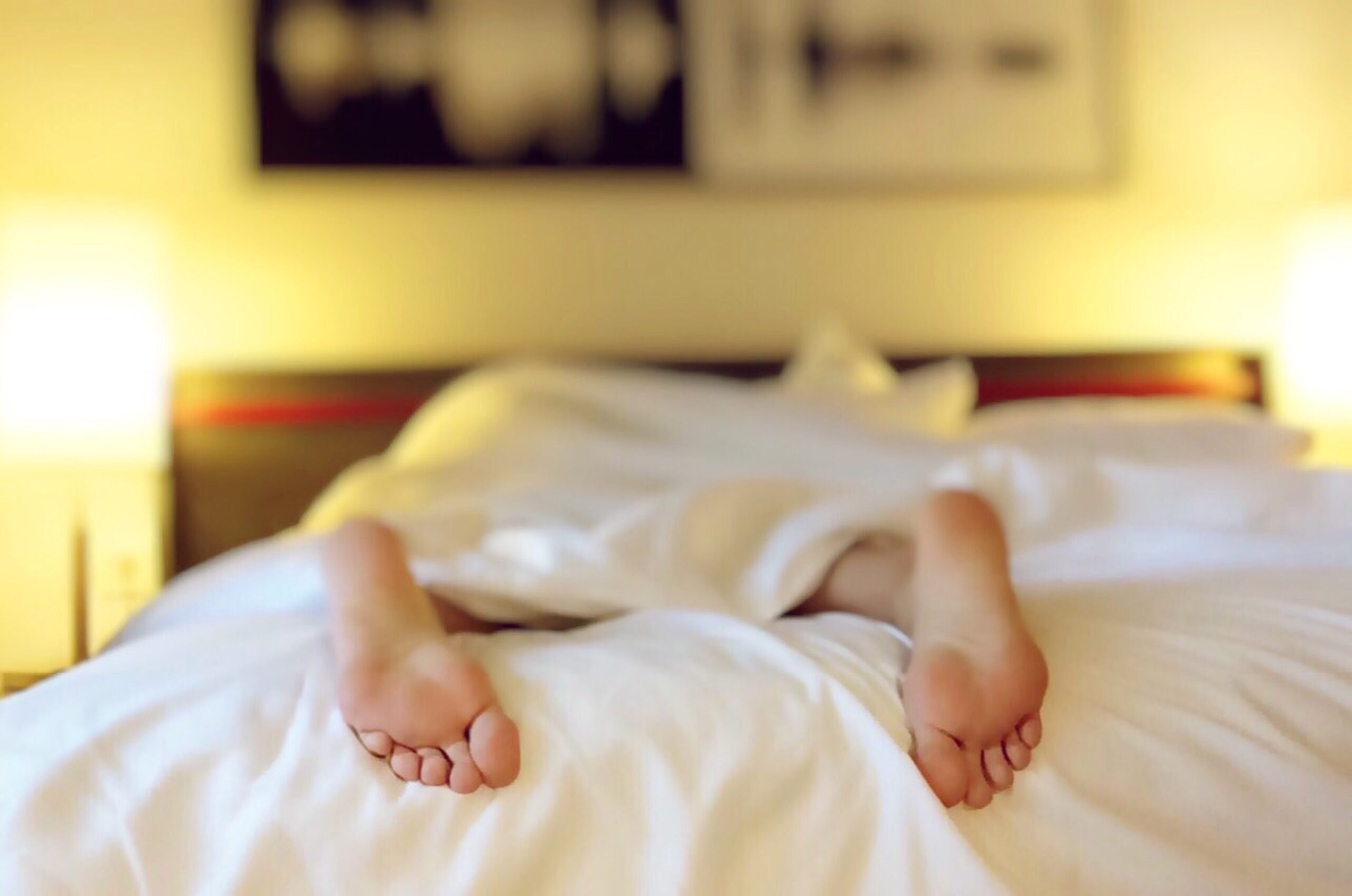By Emily Ortman, SWHR Director of Communications
Are you still feeling the effects of “springing forward” an hour over the weekend? You could feel negative effects from that daylight saving time transition for up to a week –– especially if you’re already neglecting to get consistent healthy sleep.
According to the CDC, 1 in 3 American adults don’t get the seven or more hours of sleep they need to be healthy. Lack of sleep takes a toll on our physical and mental health. Science is telling us more clearly all the time that we are setting ourselves up for failure by ignoring sleep as a critical part of the equation for good health.
Healthy sleep can be especially elusive for women, who, for example, are more likely to develop insomnia than men. The barriers faced by women in maintaining good sleep health are often misunderstood or overlooked, according to SWHR’s “Women & Sleep: A Guide for Better Health.” The guide provides an evidence-based overview of key sleep challenges women face throughout their lives.
To get better sleep and truly improve our health, we need a shift in thinking. First, we need to understand the value of sleep in our overall health. Poor sleep underpins the major public health concerns that drive our national agenda, including heart disease, diabetes, obesity, high blood pressure, cancer, Alzheimer’s, and depression.
While the science is still out on the “chicken vs. egg” dynamic — do sleep problems contribute to these conditions or do these conditions cause sleep problems? — we know that these health conditions are all deeply interconnected and affected by sleep. When we consider the effects these ailments have on our national health care spending and lost work productivity, sleep takes on an economic toll as well.
Next, we must drive a culture shift. Too many of us are attached to our devices 24/7, allowing work and social interactions to invade every corner of our day. We wear our long days and short nights like a badge of pride. The science shows that this comes with a price. Our cognitive function takes a hit, we’re less productive, our blood pressure may rise, and we increase our susceptibility to chronic mental and physical health problems.
Finally, we must stop dismissing the signs and symptoms of sleep problems. This is particularly challenging for woman. When women do report sleep problems, their symptoms are often overlooked or mistaken for something else. Women who tell their health care providers that they’re tired are told it’s a normal part of life that should be accepted, rather than fixed, and as a result, their sleep disorders go untreated.
This trivializing of women’s concerns is one reason that 90 percent of women with sleep apnea are undiagnosed. In addition, women may not manifest that hallmark of loud snoring that men do and their symptoms of sleep loss are simply more subtle and difficult to detect.
We can’t improve our sleep health if we don’t talk about it though, so both patients and health care professionals need to engage in smart conversations about sleep. The good news is that sleep problems can often be tackled with better sleep habits, also referred to as “sleep hygiene,” like instituting more regular bedtimes, getting devices out of the bedroom, and limiting caffeine and alcohol before bedtime. For more serious disorders, behavioral and medical treatments can help restore the good quality sleep we need.
The science of sleep is rapidly evolving, but the takeaway from our growing body of research isn’t: Good health can’t happen without healthy sleep.
So as you recover from the daylight saving time shift, don’t just think about how you will handle one hour of lost sleep, re-evaluate your sleep routine. Think about what’s happening when your head hits the pillow and how better sleep habits can lead to better overall health.
